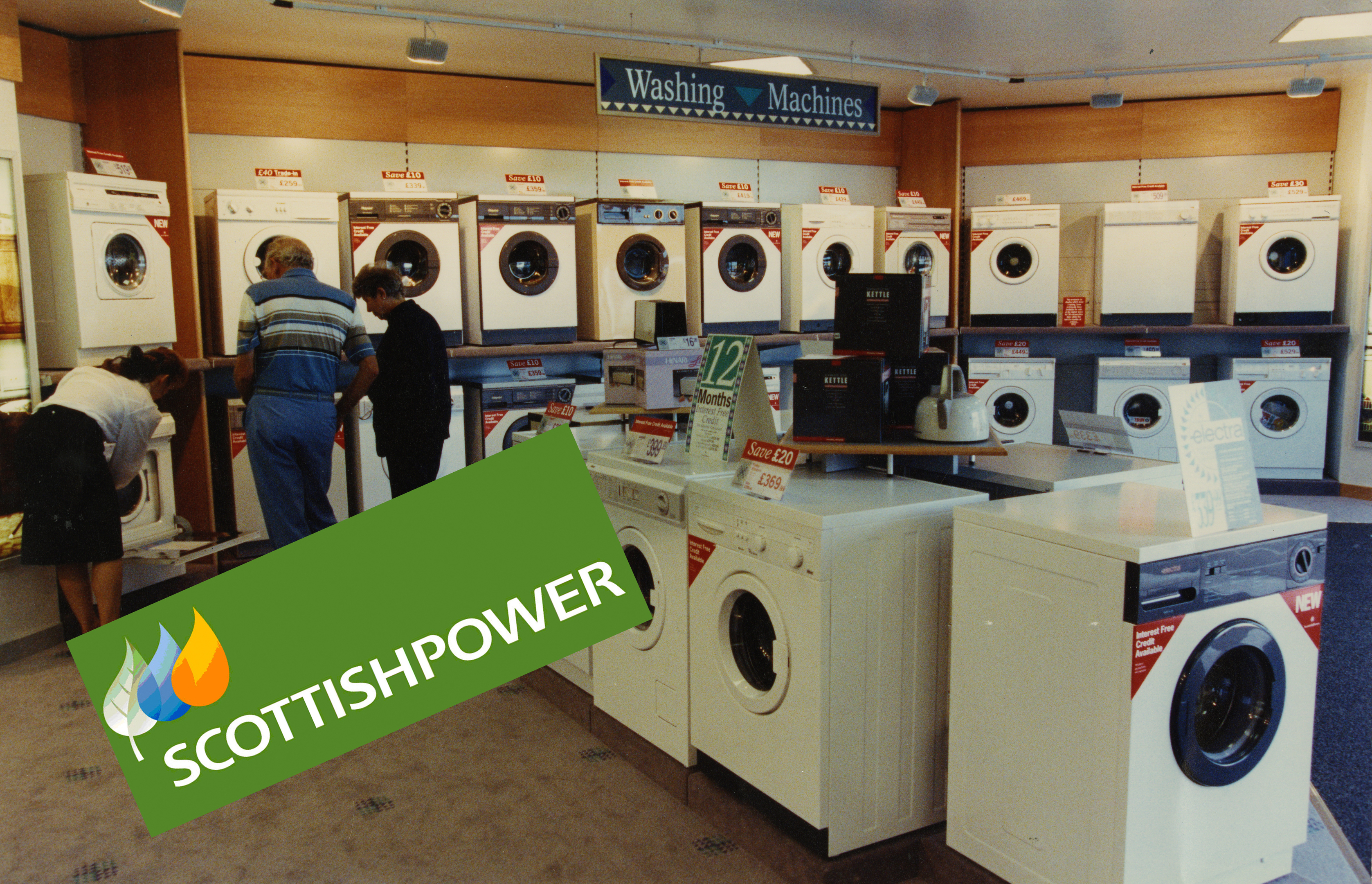
An estimated 600,000 people are owed up to £75 million after “cashback warranties” sold with white goods failed to pay out as promised.
The scandal first broke 20 years ago and now MPs investigating the affair have accused ScottishPower of lying to them and are set to call for a Serious Fraud Office probe into the issue.
The dramatic step could radically escalate the investigation, bringing customers closer to a payday.
The dispute has been a regular hot topic aired in The Sunday Post’s acclaimed Raw Deal consumer postbag.
ScottishPower, however, has flatly denied acting improperly.
SNP MP Richard Arkless, who is on the all-party group looking into the issue, said: “The scale of this in terms of numbers is bigger than PPI.
“A huge number of people are involved but the amounts are fairly low value.
“That’s the combination that large corporations think they can slip by people, just like PPI.”
ScottishPower offered cashback warranties in its stores between 1998 and 2001.
Customers were told if their white goods didn’t break down in the allotted five years, they would get their warranty money back at the end of period.
However, by the time customers came to claim they found ScottishPower had sold on its showrooms to a different company called Powerhouse and there was a series of seemingly impossible hurdles to overcome to get the cash.
When Powerhouse went bust there was no-one left to pay out.
ScottishPower claims it was not responsible for the warranties after selling its shops to Powerhouse.
In a letter to the all-party parliamentary group, made up of MPs looking into the issue, the firm stated: “At no point was ScottishPower liable to customers under their extended warranty contracts.”
But at a hearing last week, MPs were shown a letter from 2014 in which ScottishPower’s head of legal said the company had a “legal liability to fund cashback claims”.
Mr Arkless added: “It’s astonishing to have two openly contradictory positions like that.
“I was energised by what I heard at the meeting and more hopeful that people will get their money back but the result is still to be decided. ScottishPower show no sign of budging.”
The whistleblower who first raised the issue was Alan Campbell from Edinburgh.
He was hired by ScottishPower to give tax advice but ended up going public with his concerns about the cashback warranties.
He claims 625,000 people are affected across the UK and they are owed around £75 million.
He said: “I want ScottishPower compelled to answer the evidence and fined so the consumers affected can get paid.”
ScottishPower has been dogged by failings and repeatedly punished by industry regulator Ofgem.
Complaints about the company dominate The Sunday Post’s Raw Deal postbag with hundreds of messages received every year.
Last night, a spokesman for ScottishPower said: “The PowerPlan scheme did not involve any wrongdoing by ScottishPower.
“ScottishPower emphatically rejects any suggestion of improper conduct.
“The scheme is currently the subject of threatened court proceedings and it is accordingly inappropriate for ScottishPower to comment further.”
Background
SCOTTISHPOWER was once a stalwart of the High Street but in 2001 it closed half of its 156 stores and sold the rest to Powerhouse.
The move made Powerhouse the UK’s third largest electrical retailer behind Comet and Dixons but the firm was besieged by financial problems to the extent that it couldn’t afford to replace all of the ScottishPower branding in its stores.
Powerhouse eventually went bust in 2003. The firm had secured a £75 million indemnity against the warranty cashback claims when it bought the stores but, during settlement negotiations with liquidators, ScottishPower argued the wording of this agreement absolved it from paying out.
In 2004, ScottishPower did pay £6m to settle all claims and attempted to draw a line under the issue but campaigners, including a cross-party political group, have called on the UK Government to re-open the case in the light of reports by liquidators about the wording of the deals.

Enjoy the convenience of having The Sunday Post delivered as a digital ePaper straight to your smartphone, tablet or computer.
Subscribe for only £5.49 a month and enjoy all the benefits of the printed paper as a digital replica.
Subscribe